Is Britain experiencing an ‘empathy crisis’?
YouGov survey finds 51% of people think we are losing ability to understand and sympathise with others
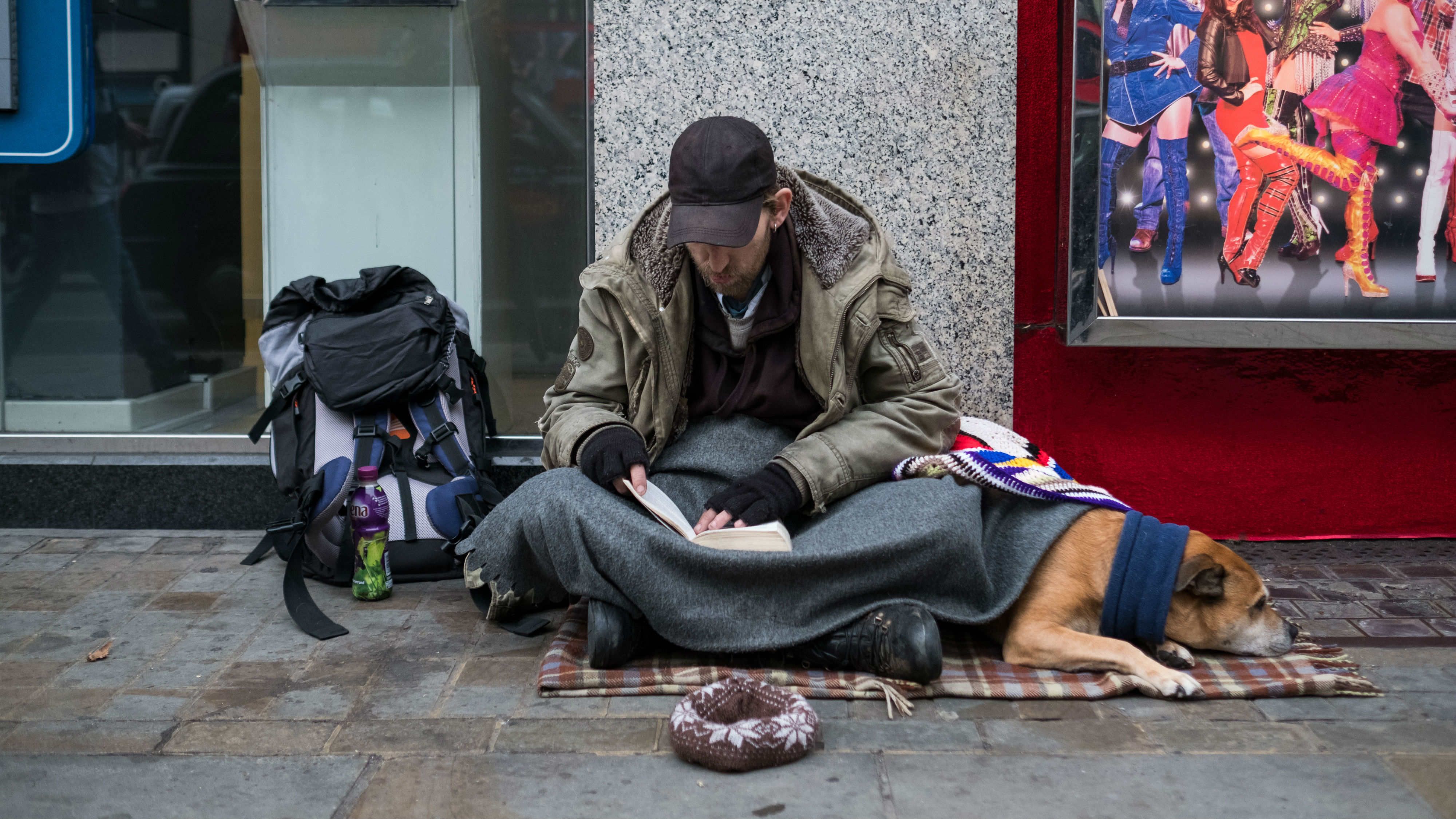
A free daily email with the biggest news stories of the day – and the best features from TheWeek.com
You are now subscribed
Your newsletter sign-up was successful
The majority of adults in the UK believe there is less empathy in society now compared with a year ago.
Only 12% of people quizzed for a new study by YouGov said they had noticed an increase in most peoples’ ability to put themselves in others’ shoes, while 51% reported a decrease.
The findings point to “an emerging crisis of empathy”, according to the Scout Association, which commissioned the research.
The Week
Escape your echo chamber. Get the facts behind the news, plus analysis from multiple perspectives.

Sign up for The Week's Free Newsletters
From our morning news briefing to a weekly Good News Newsletter, get the best of The Week delivered directly to your inbox.
From our morning news briefing to a weekly Good News Newsletter, get the best of The Week delivered directly to your inbox.
“All sorts of factors could be contributing to this - the uncertainty around Brexit and the alienating effects of social media - but it’s clear that cracks are appearing nonetheless,” says the organisation’s chief executive, Matt Hyde, in an article on voluntary sector news site Third Sector.
“The reality is we’re not listening to each other and, in particular, we’re not engaging with people who are different from us,” he adds.
Research by Cambridge University earlier this year “found empathy is a largely learned trait, although it can be passed on genetically in a minority of cases”, says The Guardian.
Explorer Bear Grylls, chief scout at the Scout Association, warns that if the general decline in empathy continues, “we risk more division in our communities and increasing alienation among young people”, the newspaper reports.
A free daily email with the biggest news stories of the day – and the best features from TheWeek.com
Grylls said: “In a world that sometimes feels fractured and insular, empathy and kindness are more important than ever. When society is polarised we need to work twice as hard to understand each other and find ways of working together.
“I believe young people have a right to develop key skills such as empathy and kindness and we urgently need more adult volunteers to help us do this.”
Ben Page, chief executive of Ipsos Mori, said studies had shown that people born prior to the establishment of the NHS and the welfare state were more empathetic towards the poor than each subsequent generation.
“This continued until the [2008] crash, when empathy increased, but levels have still not returned to that of the 1980s,” he said. “We have become a society less empathetic to the working-age poor.”
-
 Switzerland could vote to cap its population
Switzerland could vote to cap its populationUnder the Radar Swiss People’s Party proposes referendum on radical anti-immigration measure to limit residents to 10 million
-
 Political cartoons for February 15
Political cartoons for February 15Cartoons Sunday's political cartoons include political ventriloquism, Europe in the middle, and more
-
 The broken water companies failing England and Wales
The broken water companies failing England and WalesExplainer With rising bills, deteriorating river health and a lack of investment, regulators face an uphill battle to stabilise the industry
-
 ‘Longevity fixation syndrome’: the allure of eternal youth
‘Longevity fixation syndrome’: the allure of eternal youthIn The Spotlight Obsession with beating biological clock identified as damaging new addiction
-
 RFK Jr. sets his sights on linking antidepressants to mass violence
RFK Jr. sets his sights on linking antidepressants to mass violenceThe Explainer The health secretary’s crusade to Make America Healthy Again has vital mental health medications on the agenda
-
 The app tackling porn addiction
The app tackling porn addictionUnder the Radar Blending behavioural science with cutting-edge technology, Quittr is part of a growing abstinence movement among men focused on self-improvement
-
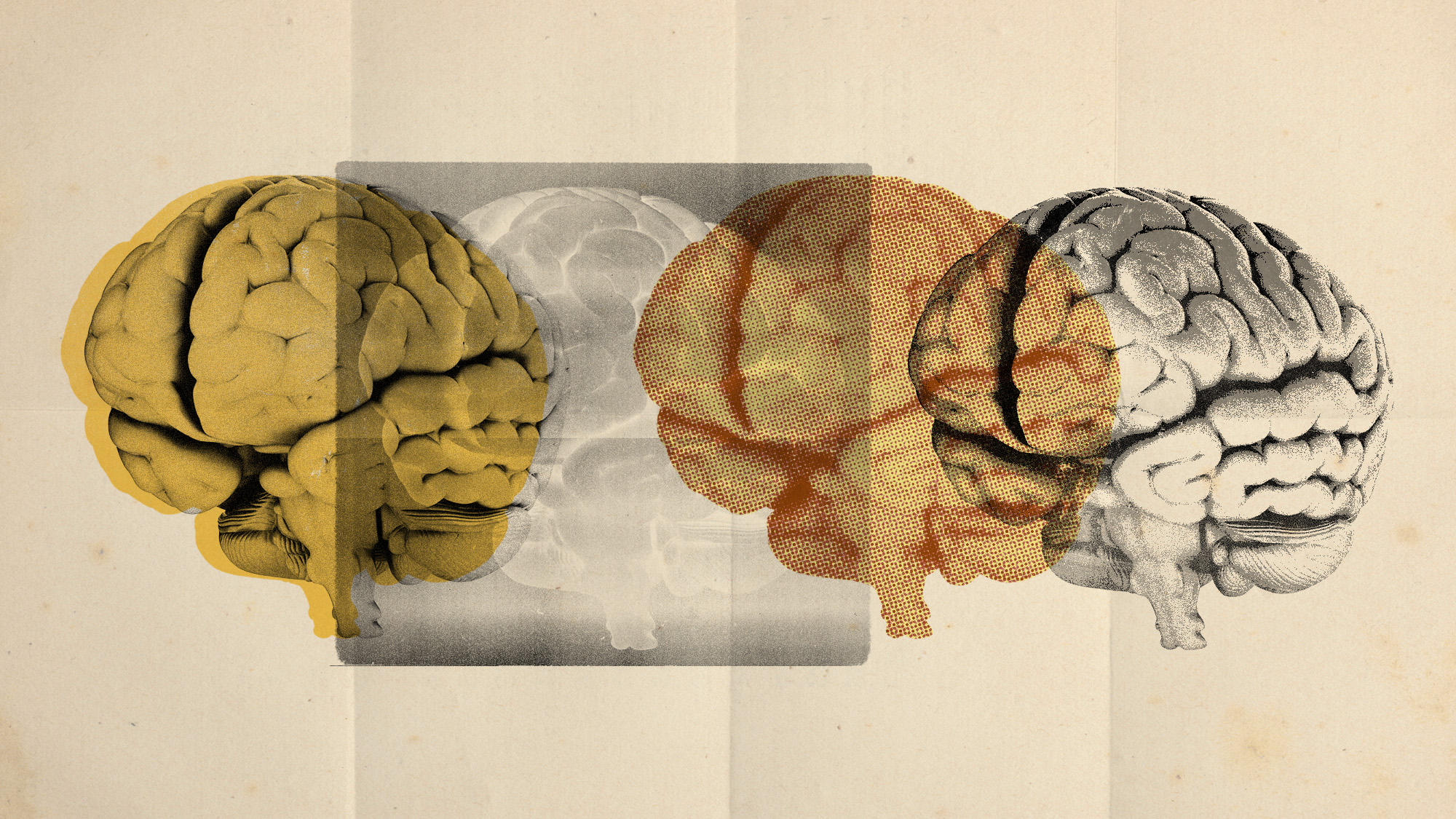 Scientists have identified 4 distinct autism subtypes
Scientists have identified 4 distinct autism subtypesUnder the radar They could lead to more accurate diagnosis and care
-
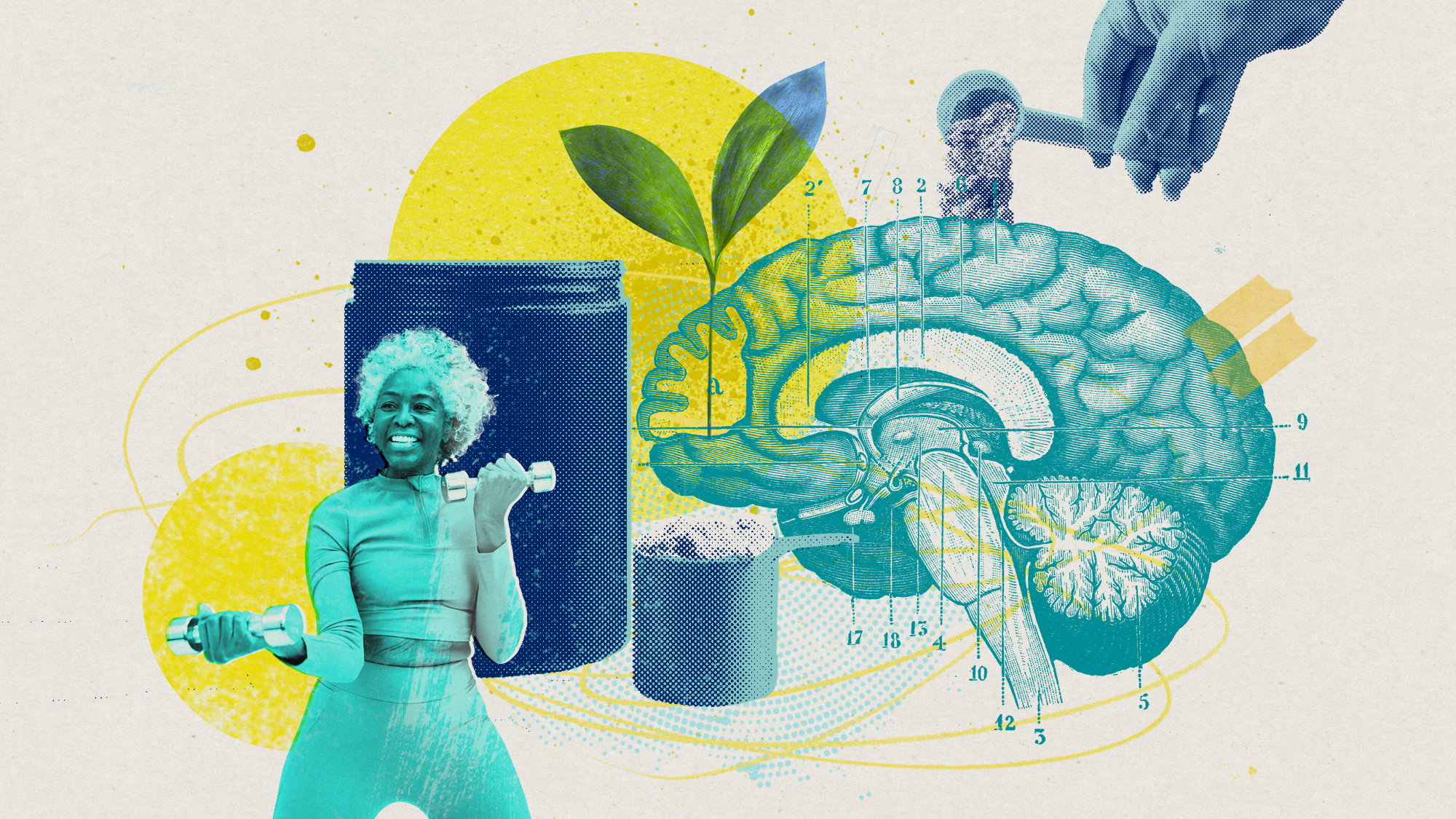 'Wonder drug': the potential health benefits of creatine
'Wonder drug': the potential health benefits of creatineThe Explainer Popular fitness supplement shows promise in easing symptoms of everything from depression to menopause and could even help prevent Alzheimer's
-
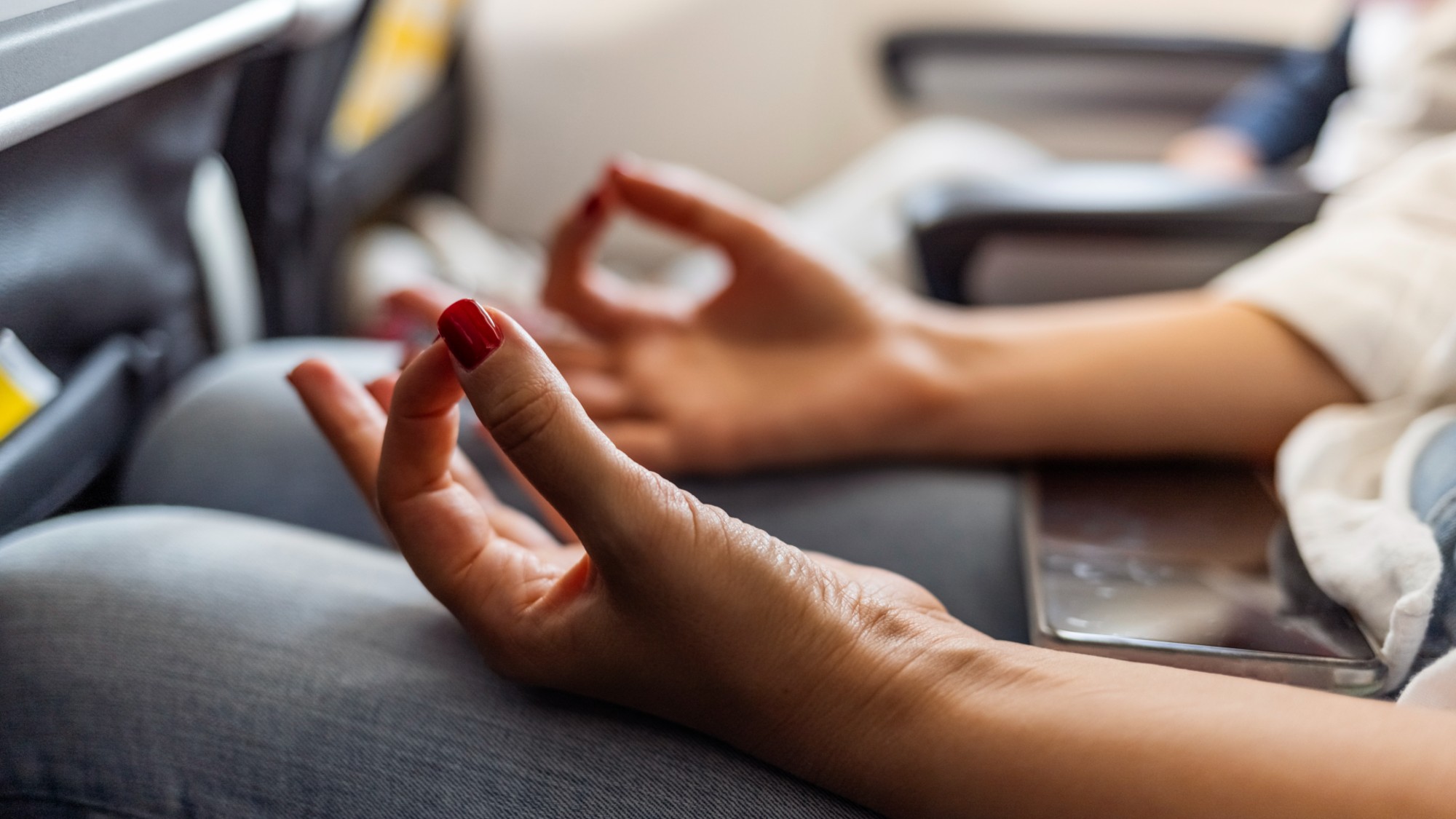 Fly like a breeze with these 5 tips to help cope with air travel anxiety
Fly like a breeze with these 5 tips to help cope with air travel anxietyThe Week Recommends You can soothe your nervousness about flying before boarding the plane
-
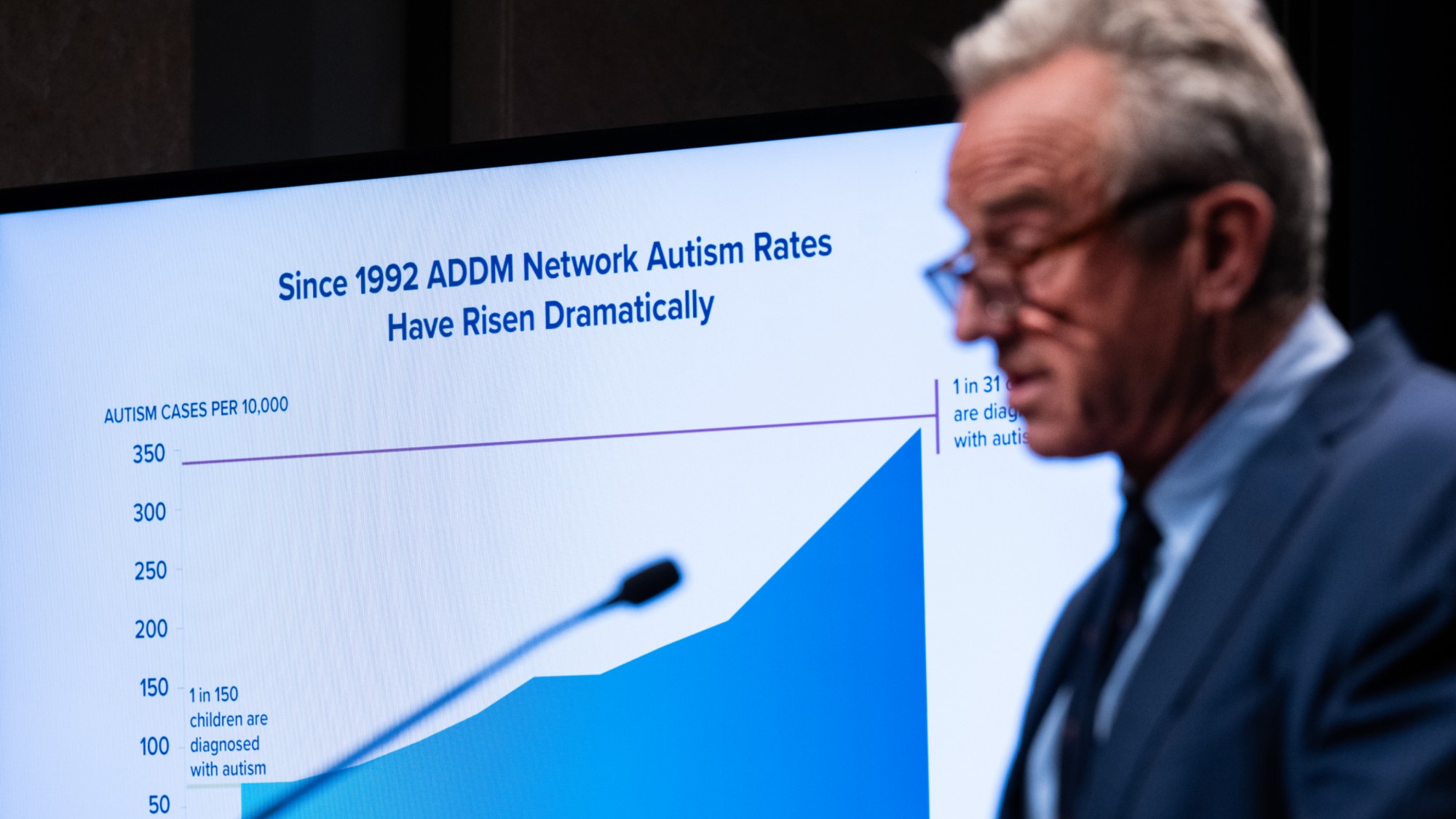 RFK Jr.'s focus on autism draws the ire of researchers
RFK Jr.'s focus on autism draws the ire of researchersIn the Spotlight Many of Kennedy's assertions have been condemned by experts and advocates
-
 Mental health: a case of overdiagnosis?
Mental health: a case of overdiagnosis?Talking Point Issues at 'the milder end of the spectrum' may be getting wrongly pathologised